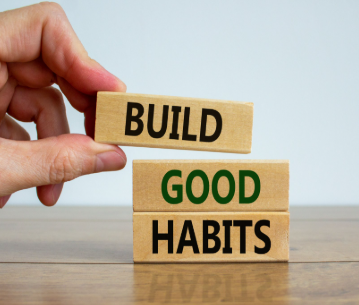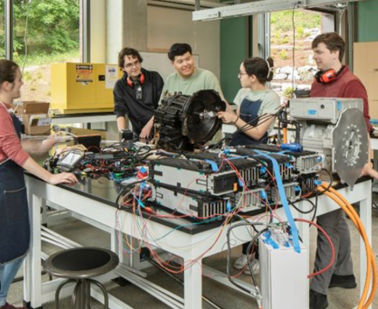A growth mindset is a powerful concept in psychology that emphasizes the belief that abilities and intelligence can be developed through dedication and effort. Originally introduced by psychologist Carol Dweck, this perspective contrasts with a fixed mindset, where individuals see their talents and intelligence as static traits.
Understanding the Growth Mindset
The growth mindset is grounded in the idea that learning and improvement are always possible. People with this mindset are more likely to embrace challenges, learn from criticism, and persist through setbacks. This attitude fosters resilience and promotes a lifelong love of learning.
From a psychological standpoint, a growth mindset aligns closely with theories of motivation and cognitive development. It supports the view that the brain is adaptable and capable of change, known as neuroplasticity. When individuals believe they can grow, they are more likely to engage in behaviors that lead to positive outcomes.
Benefits in Education and Beyond
In educational settings, encouraging a growth mindset can improve student performance and engagement. Learners who adopt this perspective tend to take on more complex tasks and demonstrate better problem-solving skills. Teachers and parents can nurture this mindset by praising effort rather than innate ability and by framing mistakes as opportunities to learn.
In the workplace, employees with a growth mindset often display greater initiative and adaptability. Organizations that cultivate this mindset can see increased innovation, collaboration, and job satisfaction among their teams.
Encouraging a Growth-Oriented Environment
Creating a growth-oriented environment requires intentional strategies:
-
Set realistic challenges: Encourage goals that push limits but remain achievable.
-
Recognize effort and progress: Highlight improvement rather than perfection.
-
Provide constructive feedback: Offer guidance that supports continued development.
-
Model a growth mindset: Leaders and educators can demonstrate learning from failure and seeking continuous improvement.
Conclusion
A growth mindset fosters a positive and productive approach to learning, working, and personal development. By viewing challenges as opportunities and believing in the capacity for growth, individuals can unlock greater potential in themselves and those around them. This perspective, supported by psychological research, remains a valuable tool for building resilience and lifelong success.






